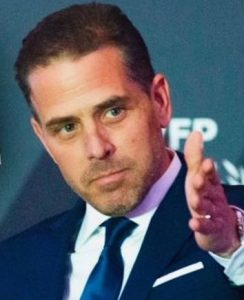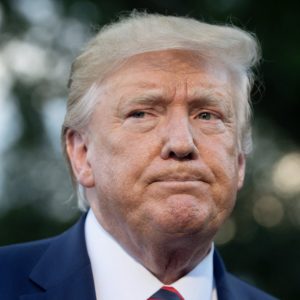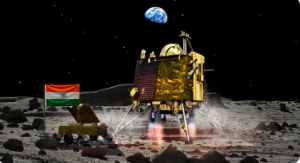The GST Council headed by Finance Minister Nirmala Sitharaman on Friday announced that food delivery platforms like Zomato and Swiggy will collect 5% Goods and Services Tax (GST) from consumers instead of the restaurant they pick up orders from. This will not come with any additional charges for the consumer, Revenue Secretary Tarun Bajaj clarified.
“Food delivery operators like Swiggy who collect orders from restaurants and deliver (to customers)… the place where the food is delivered will be the point on which tax will be collected by the gig groups Swiggy and others,” Nirmala Sitharaman said.
Also read: Zolgensma, world’s most expensive drug, exempted from GST
At present these apps are registered as Tax Collected at Source (TCS) in GST records and the taxes, collected from the consumer, are paid by the restaurants. TCS is the tax payable by a seller which he collects from the buyer at the time of sale. Section 206C of the Income-tax act governs the goods on which the seller has to collect tax from the purchasers
Speaking to reporters after the GST meeting, Tarun Bajaj clarified that no new taxes were being announced, and that the GST collection point was simply being transferred.
“Suppose you order food from the aggregator… now the restaurant is paying taxes. But we found some restaurants were not paying. We are now saying that if you order the aggregator will collect from the consumer and pay to the authorities instead of the restaurant doing this…” he said.
Also read: Will always be in love with Zomato: Co-founder Gaurav Gupta as he quits
“There is no new tax…” Bajaj added.
He said that the analysis of returns filed by the delivery apps and some Haryana restaurant services showed the gap in taxable turnover for suppliers where TCS was deducted by a delivery app was greater than turnover declared by such suppliers.
Hence there will be no price surge for the customer and no new tax has been added.
The GST council extended concessional tax rates on COVID-19 medicines, cut tax on cancer drugs and waived GST on import of highly expensive medicines for muscular atrophy, but will continue to keep petrol and diesel out of the uniform national tax regime.






